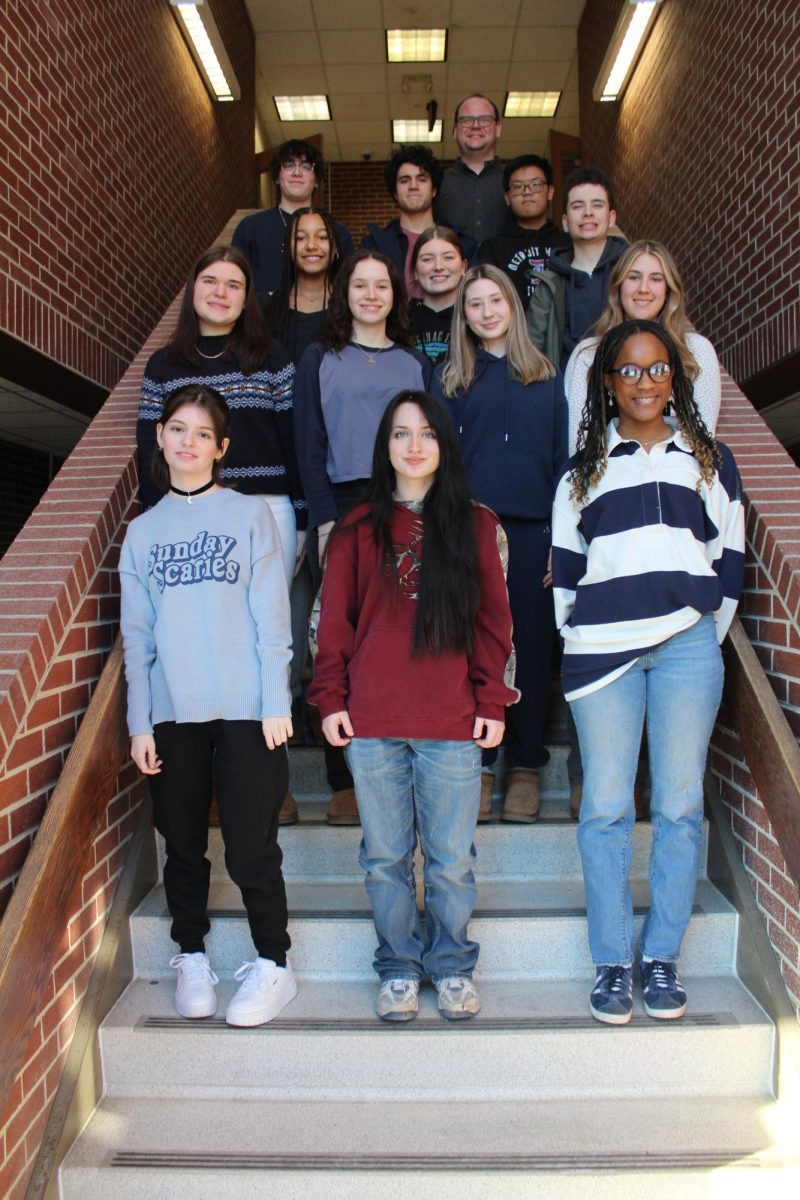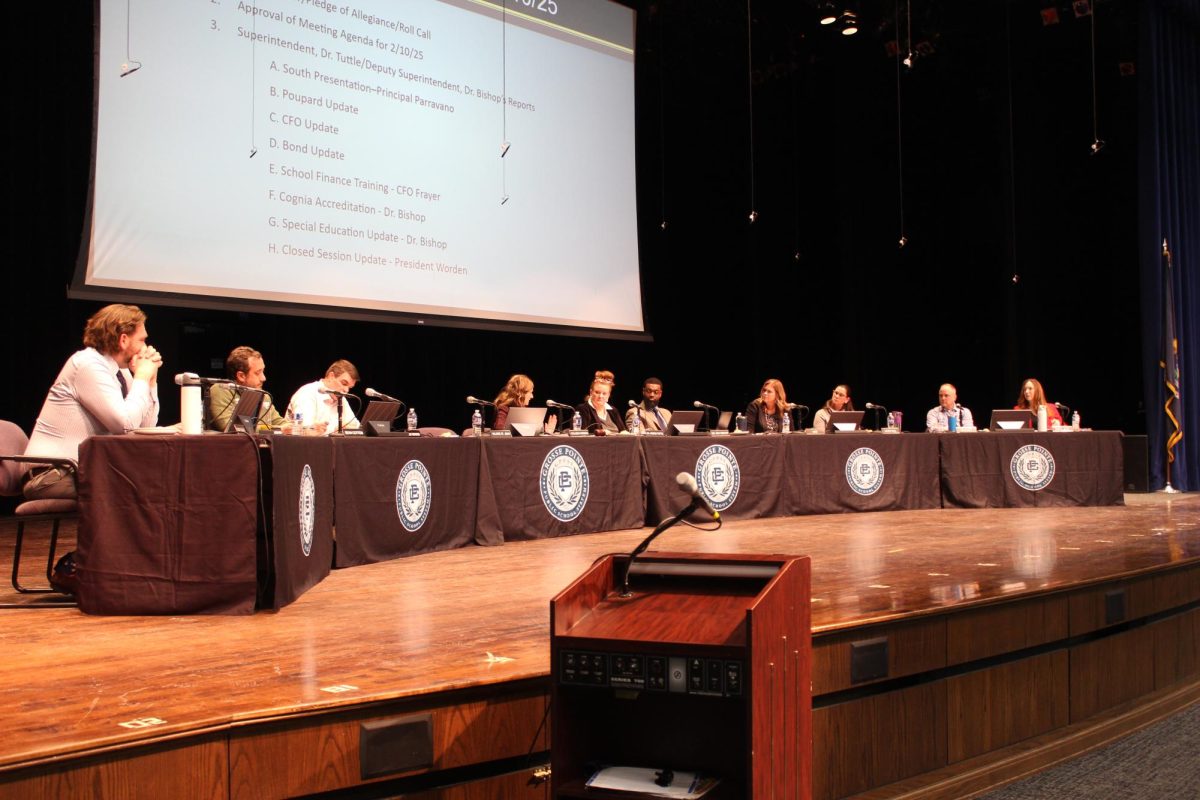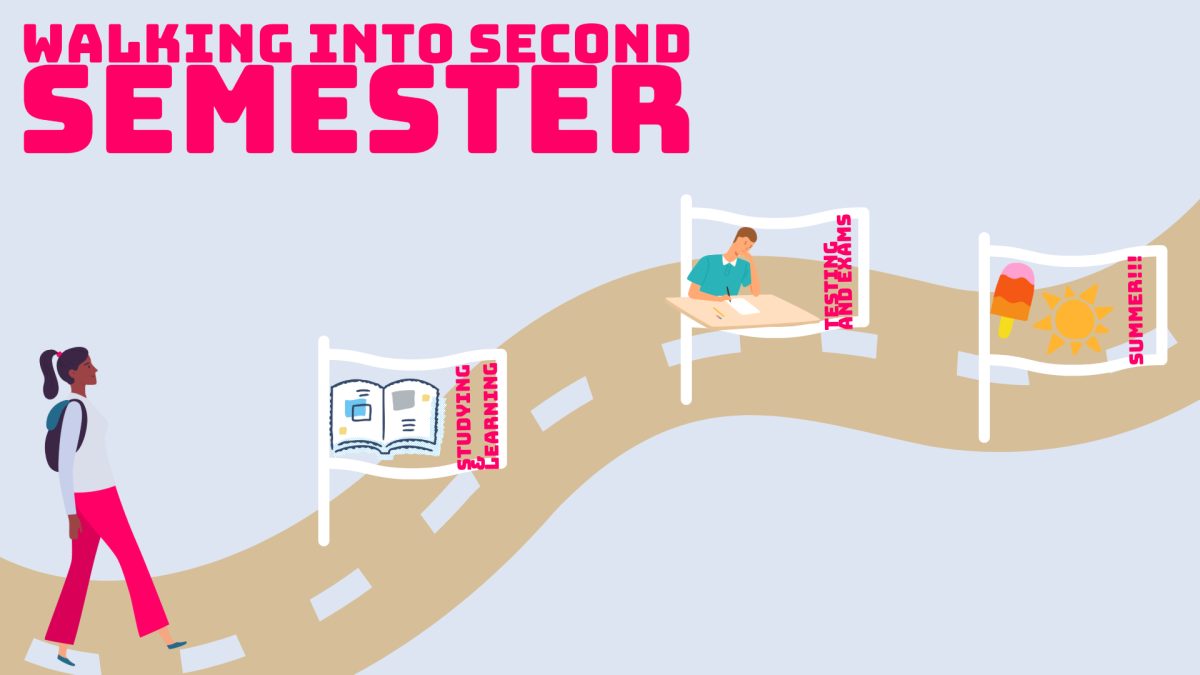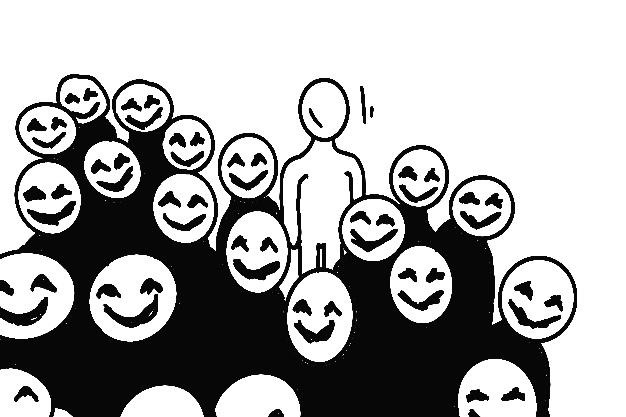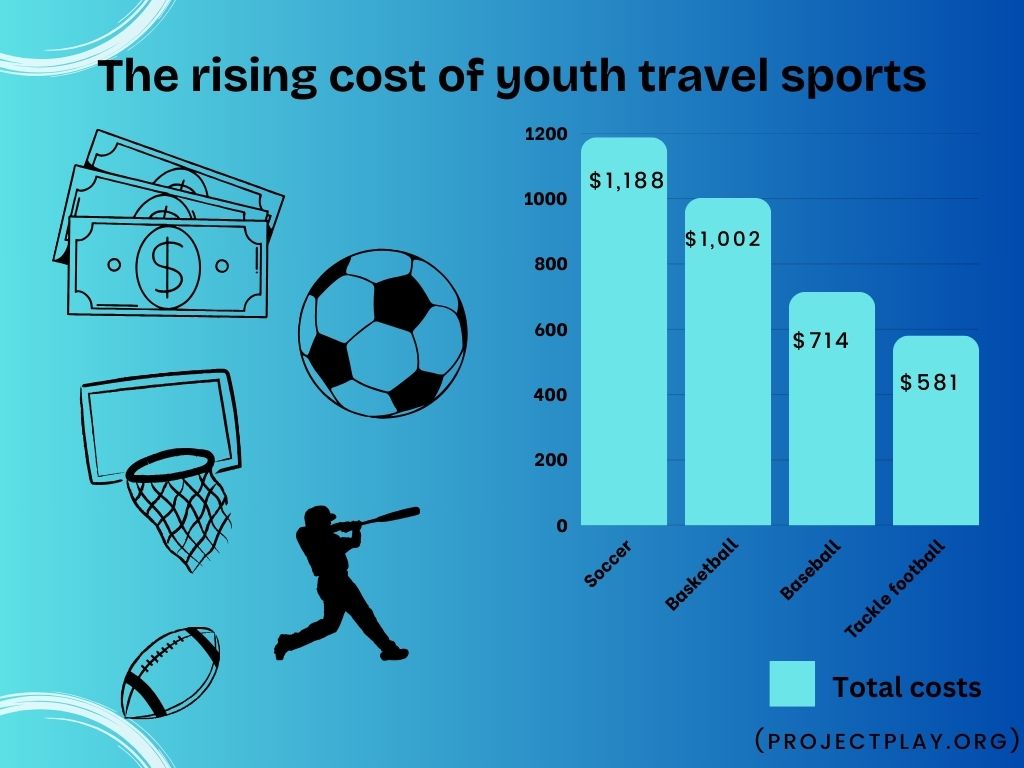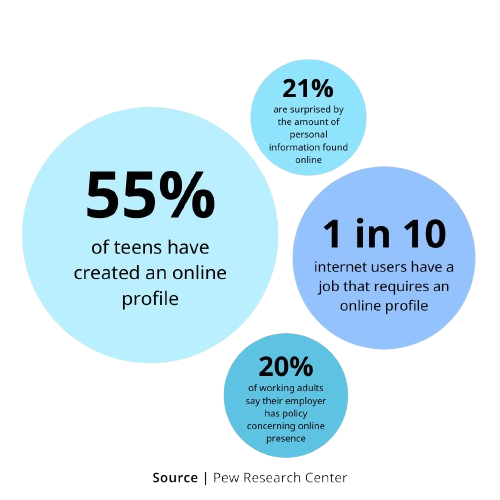In an era where anything you do on social media can stay even after being deleted and viewed, the question isn’t just what you share online, but how long it will follow you. From college applications to future job opportunities, more young people are learning that their digital footprints can affect their future and possibly even follow them for a lifetime. But the question is, how important are these posts and what do students need to know to protect their futures?
Many teens these days forget how things that have been posted on social media that are unethical or can shape what people think of you in the future. According to the Pew Research Center, 47 percent of users search for information about themselves online. Siobhan McGlone ’25 talks about how she feels social media can affect others’ futures based on what she’s seen from others and what she’s learned about the right things to post.
“I don’t post anything stupid or post anything that would get me in trouble,” McGlone said. “I always avoid things that are reckless that people could get on camera and post so I don’t wreck my future and my reputation.”
Assistant principal Cindy Paravanno gives some information on the dangers of social media and how to be cautious when posting or viewing something on a social media platform.
“Not everything you see through social media is real,” Parravanno said. “Be careful with what you see and what you believe, kids should be having honest conversations with their parents about their social media presence and get guidance.”
Counselor Jennifer Vick discussed the many negatives to social media and how things you thought you deleted that were posted in the past can come back to haunt you in the future.
“Just assume that anything that you put out there in the cyber world can be screenshotted and saved by somebody,” Vick said. “What if years down the road, you were trying to get a job and the employer brings up something from the past you posted? You always have to consider the reasoning behind posting something so you avoid future repercussions.”
With this in mind, if you posted something in the past that’s not acceptable to today’s standards, it can still be brought up even though it’s deleted. Something to remember is that it’s key to know what is okay to post versus something posted that could get you in trouble. Parravanno gives advice on what she believes can help a student avoid drama or steer them away from things that could affect their future.
“Employers and schools look at posts and make judgements about a person’s character,” Parravanno said. “My advice is that you take that into consideration when making posts on social media and don’t post anything that could be used as ammunition against you. I don’t want what I say to be coming off as just do this, or don’t do that.”
Parravanno mentioned that people ultimately have to decide for themselves the “persona” they are going to portray on social media. She’s seen people use social media for good, but also ones who have used it recklessly without thinking about how it could affect them and what others might feel is inappropriate.
“If you have aspirations of being a leader, post things that show you in leadership,” Parravanno said. “Don’t post anything that could later come back and bite you. If there is a question about, ‘if I post this, will it come back to bite me?’ then chances are you shouldn’t post it.”

